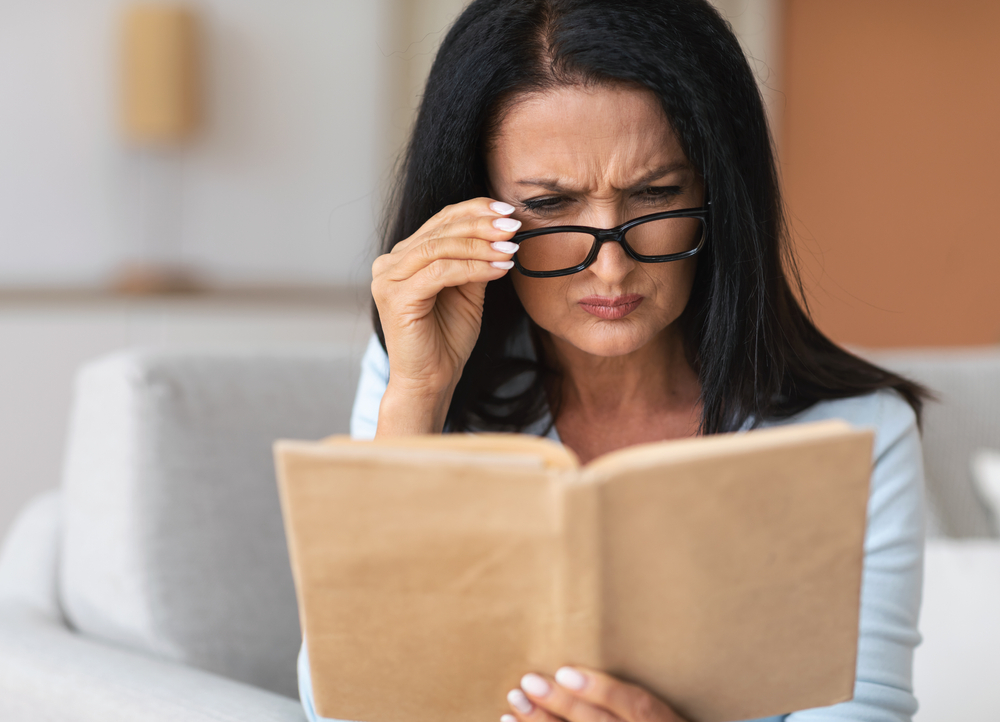Each year, 60,000 people experience hearing loss in one ear, which is also known as unilateral hearing loss. Because these individuals can still hear out of the other ear, many choose to ignore the problem and simply tell others to speak toward their “good side.” In order to process sound properly, however, your brain expects to receive signals from both ears, and when one is damaged your auditory system misses or misinterprets sounds.
It is important to understand how your body uses both ears to perceive sound, and to make an appointment with a hearing specialist immediately if you experience hearing loss in one ear. Getting treatment will vastly improve your quality of life.
Why your brain needs both ears
Hearing is a very complex process, with the ears playing one part in a very intricate system. Your ears pick up sound, while your brain and the various nerves that make up your auditory system are responsible for telling you what each sound represents and where it’s coming from.
For people with healthy hearing in both ears, sounds coming from the right side reach the right ear first, though the left ear also picks up that sound. That same sound coming in from the right side also vibrates at a higher speed in the right ear than it does in the left. This happens, in part, because your head blocks some of the sound before it reaches the opposite ear. This is called the head-shadow effect. The auditory system processes the sonic information it receives from both ears. Within a split second, it communicates that information to your brain.
How does single-sided hearing loss affect you?
One result of the head-shadow effect is that sounds with shorter wavelengths, which are also higher in frequency, get reflected off your head. This affects what reaches the opposite ear, which is the main problem for people with one-sided hearing loss.
Much of our speech is made up of consonant sounds, and these high-frequency sounds have shorter wavelengths. These types of sounds reflect off the head before reaching the other ear. Individuals with one-sided hearing loss have difficulty receiving and processing consonant sounds because their auditory systems aren’t able to utilize both ears. In addition, any background noise will cause further interference. The result is you won’t understand what others are saying, even with one “good ear.”
Background noise doesn’t go away by simply turning off the radio or loud appliances. Multiple people talking in the same room is a form of background noise, so individuals with single-sided hearing struggle to understand conversations at the dinner table and at parties. Traffic is also a form of background noise. If your brain can’t properly interpret the direction from which sound is coming, it won’t be able to warn you about an oncoming vehicle.
The importance of treating single-sided hearing loss
People who are getting by with one functioning ear are putting themselves at risk of more than an inability to participate in conversations. Those who don’t get their hearing loss treated will experience difficulties at work, in their interpersonal relationships, and with their mental health. It isn’t surprising that untreated hearing loss often leads to stress and anxiety, which can, in turn, lead to depression and isolation.
When you are tested for single-sided hearing loss, the hearing specialist will also examine your other ear for any potential problems. If you become accustomed to how bad one ear is, the other ear will always seem to be functioning correctly in comparison. Failing to get a proper hearing screening and evaluation can lead to hearing loss that would have otherwise been avoidable.
If you are experiencing single-sided hearing loss, schedule a hearing test as soon as possible with a hearing specialist. This individual will explain what treatment options are available, and determine whether you are experiencing any hearing loss issues in your other ear. The better your hearing, the better your quality of life.



